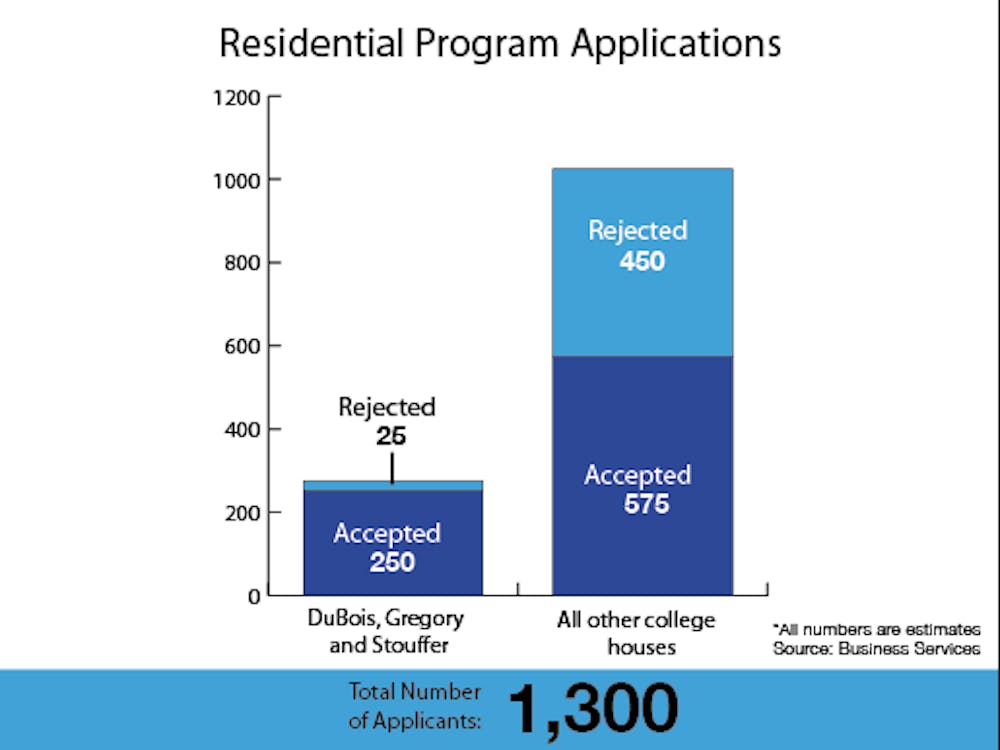
It’s 5 p.m. on Nov. 16 on the ground floor of Kings Court and the STWingers — members of Kings Court’s science and technology wing — are talking about BattleBots.
The group plans to build two BattleBots — remote control robots which fight each other in three minute matches, this semester. They then plan to form a University BattleBot team and compete in tournaments.
BattleBot fights are intense. The two robots fight in a “BattleBox,” a bullet-proof polycarbonate cube which protects spectators from flying shrapnel. The Bots crash into each other repeatedly. As metal meets metal, sparks fly.
The Bot standing at the end of the three minutes wins. If both Bots survive the round, judges choose a winner.
At the meeting, students discuss the nuts and bolts of building a robot and joke about building autonomous robots that could beat a human pilot. A sense of humor is also integral to the group. Describing themselves on their website, the group writes, “Our members share a strotng interest in the science and technology which permeate our everyday lives, not to mention a sense of humor.”
According to Engineering sophomore Diego Traviezo, who has been instrumental in founding STWing’s nascent BattleBot team, it is representative of STWing’s ethos. The housing program’s members often work on science or engineering-related projects which interest them outside of class. “Everyone is really passionate about what they do,” he said.
According to Traviezo, the housing program holds weekly project hours and organizes an annual Rube Goldberg competition, during which teams of students make deliberately over-designed machines which perform simple functions.
Students also like STWing because it is a very strong community, and many often choose to stay in the program for multiple years.
“Everyone hangs out together,” said Traviezo. “It’s a really close community.”
It’s 7 p.m. on Nov. 13 in the Gregory College House basement and La Mason Française — which is part of the Modern Languages Program — is having its twice-weekly class.
Students in the Modern Languages Program’s Arabic, French, Spanish and German language houses can receive a half credit each semester for their participation in the program if they take part in it for a full academic year. There is no academic credit option for Chinese House residents.
Today, La Mason Française is producing and filming a news program in French.
The group, which typically does shorter assignments and presentations intended to promote conversation in French, has also performed songs from francophone counties and written autobiographies.
“Usually we’re seated,” Maha Laziri, the French Language House Program Director and Gregory GA, said. “We mostly just converse.” Laziri is also a graduate student in the Graduate School of Education.
However, students in the program did not like that they were assigned roommates from the other language houses.
“It might be more beneficial if you were grouped with people from the same [language] house,” College freshman Camilla Davila said, “If I [was] grouped in a quad with people who spoke French, I would speak French more often.”
The Daily Pennsylvanian is an independent, student-run newspaper. Please consider making a donation to support the coverage that shapes the University. Your generosity ensures a future of strong journalism at Penn.
DonatePlease note All comments are eligible for publication in The Daily Pennsylvanian.







